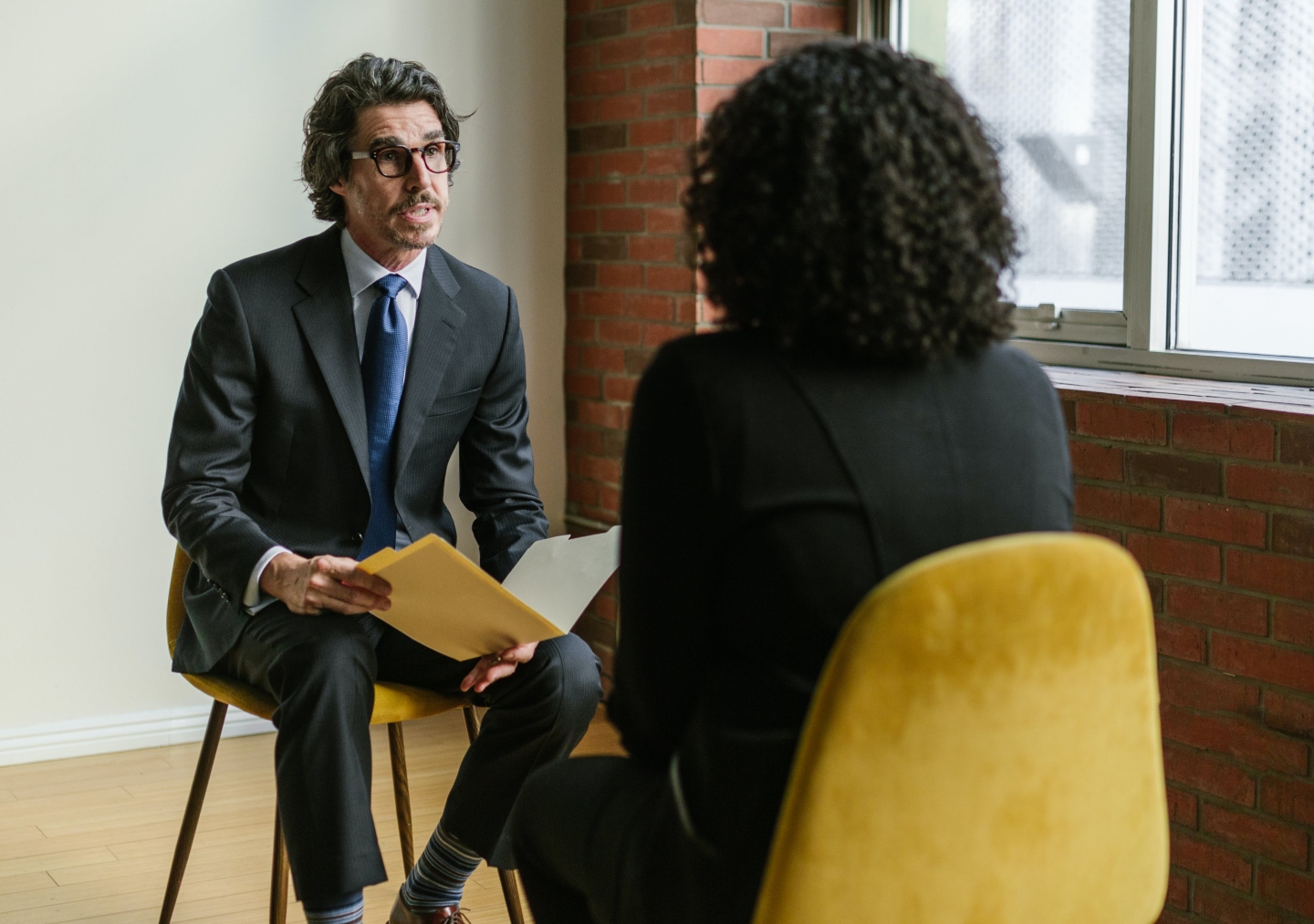
Looking to try a new closing strategy? Maybe it’s time to consider using trial closes. If you’re finding the need to shake things up, this strategy may help boost win rates.
It’s a non-risky way to approach a close, relying on buyer sentiment to guide the rest of the process.
What Are Trial Closes?
Unlike traditional closes in which a seller directly asks the buyer to make a deal, this strategy is a bit different. Instead, sellers invite buyers to share how they’re feeling about the solution. In other words, the buyer’s opinion is the focus rather than a final decision.
“While trial closes may be a part of the closing process, the purpose of using trial closes is to test the buyer, identify their level of interest in a product or service and gauge the likelihood that they'll make a purchase,” according to Indeed.
Major Benefits of Trial Closes
There are many specific benefits to choosing a trial close. One advantage it gives sellers is the chance to identify sentiment and obstacles. By asking the buyer their thoughts, they open the door to insights into where the buyer stands.
“Your buyer might indicate that they haven’t seen the benefit that solves their most pressing problem or doesn’t quite match what was envisioned,” explain the professionals at Tech Sales Advisors.
“Knowing the obstacles through trial closing is an opportunity to adjust, address or re-address things the customer has not seen for what they are and the solutions brought to generate the ultimate buying decision.”
Conversely, trial closes also present opportunities for sellers. They can redirect their approach to better demonstrate what the buyer needs. The questions they ask help them pivot if needed, or, stay the course if the buyer expresses interest in buying.
Another benefit is getting a clearer timeline. As Tech Sales Advisors points out, “Knowing where you are in the sales process through trial closing also identifies an expected timeline for the actual close.”
You’ll have a clearer idea of just when the buyer might be ready to buy. Their responses can help shape whether you need to slow down a bit or ask for the close sooner.
Tips for An Effective Trial Close
Sellers can conduct trial closes by implementing some best practices. First, they need to focus on asking questions that get quality answers. Specifically, open-ended questions. This type of question encourages buyers to offer thorough responses and engage in a dialogue.
The following are a few suggestions from Tech Sales Advisors:
- “What are your thoughts about {product feature/benefit}?
- What are your thoughts on the proposal?
- What do you see as the next step in the process?
- How do you feel about the implementation and training process?
- What needs have I left unaddressed or not covered to your satisfaction?”
Don’t just ask a question and move on; try to build on the responses to make sure you’re truly understanding.
“Trial questions are how you understand the customer’s identified and unidentified needs,” writes Tech Sales Advisors. “Structure them to increase your understanding with each subsequent question.”
Active listening will allow you to hone in on what they say and respond appropriately, whether they share an objection or ask a question of their own.
Move Ahead With the New Information
Once you’ve conducted the trial close, it’s time to use those insights to guide your next steps. Successful trial closes give the details needed to determine what is left to do before a close will be successful.
You should know where the buyer stands in the process, any objections or questions they have, and what they need to buy. It’s up to you to put this information to use and ensure your efforts pay off.
Photo by RDNE Stock project
